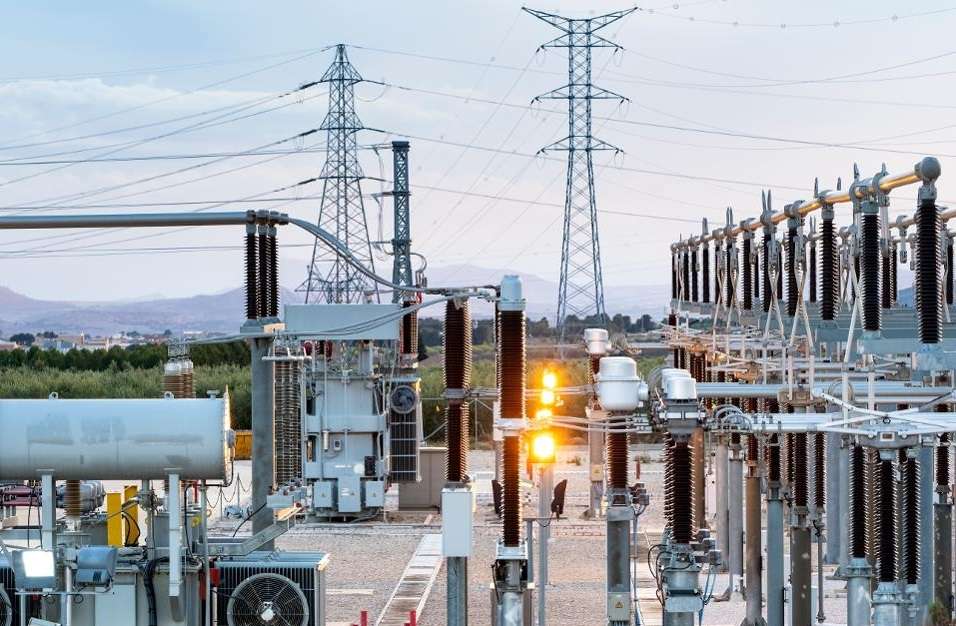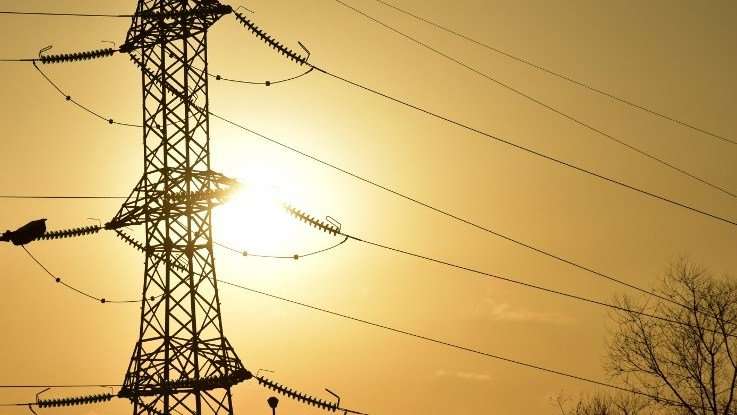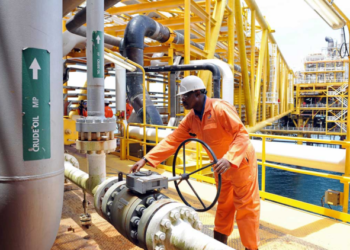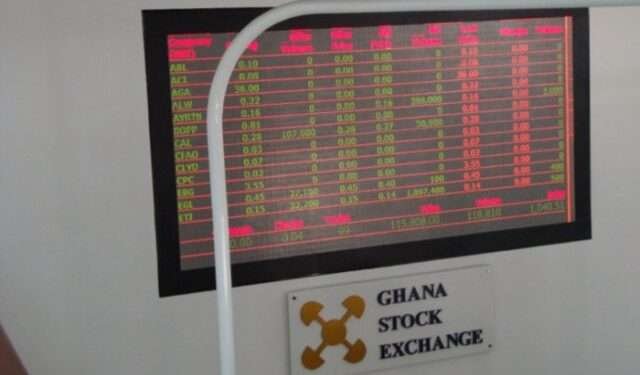The Board of Directors of the African Development Fund (AFDB) have approved a technical assistance grant of $2 million to fund research that will contribute to electricity reforms in Ghana and its counterparts in the ECOWAS sub-region.
The grant from the African Development Fund— the concessional window of the African Development Bank Group— will go to the ECOWAS Regional Electricity Regulatory Authority.
According to the AFDB, the ultimate objective is to stimulate cross-border electricity trade and improve energy access in the 15 countries in the region. The project has five components with the first involving the selection of electricity regulatory principles and key performance indicators.
These principles and indicators are based on the African Development Bank’s flagship Electricity Regulatory Index for Africa report. However, it is yet to be adopted by the ECOWAS Regional Electricity Regulatory Authority.
Components of AFDB Technical Assistance Grant
As part of the first component, the project will build capacity in member countries for collecting and reporting on these indicators on a common platform.
The second component will involve conducting a study in order to update a comparative analysis of electricity tariffs and their underlying drivers across the electricity value chain of ECOWAS.
The third involves developing a centralized database management system that will provide a platform for digitally collecting relevant energy information from member countries, storing, and disseminating them on a common digital platform.

The fourth component will assess and identify project bottlenecks and risks in ECOWAS member countries and recommend a coherent approach to progressively address ground-level barriers to investment in the power sector in pre- and post-establishment phases of the regional electricity market.
The final component focuses on program management and capacity building, which will be co-financed with the Regional Electricity Regulatory Authority. All components of the project will include gender-disaggregated data.
Solomon Sarpong, project team leader at the African Development Bank, said:
“Ultimately, this project will facilitate regional electricity trade and help improve access to electricity. It will address major causes of fragility, such as infrastructure bottlenecks, youth unemployment, environmental challenges, gender inequalities, and regional development imbalances.”
Solomon Sarpong
Performance of Electricity Regulatory Index
Based on the Electricity Regulatory Index report, the top five countries included Uganda, Tanzania, Kenya and Rwanda while Ghana ranked 17th in terms of the electricity regulation among 43 countries captured in the report.
Overall, performance in Economic Regulation (tariff setting and frameworks) and Licensing Framework sub-indicators were the lowest under Regulatory Substance Index (RSI).
Also, Regulatory Independence was the weakest sub-indicator under Regulatory Governance Index (RGI). Governments and stakeholders have influence on regulatory authorities in 93% of the countries surveyed.
Average performance in economic regulation continues to decline with new entrants to the Electricity Regulatory Index (ERI). Results showed that 33% of countries surveyed do not have tariff methodologies for the determination of tariffs, while 40% have tariff methodologies without the key requisite attributes
In 40% of the countries surveyed, there were no simplified frameworks or licensing procedures for off-grid and small-size systems. About 67% of countries surveyed, the average end-user tariffs are not in line with the costs of operations of the electricity utility companies.
READ ALSO: We are Tired of E-levy- Sammy Gyamfi





















